Medication
Most epilepsy medicines are taken by mouth. The doctor’s choice of which drug to prescribe depends on what kind of seizure a person is having. Some people experience side effects, others may not. Some people’s seizures will respond well to a particular drug while someone else will have seizures that continue. It may take some time to find exactly the right dose of the right drug.
Surgery
Surgical removal of seizure-producing areas of the brain has been an accepted form of treatment for over 50 years when medicines fail to prevent seizures. However, because of new surgical techniques and new ways of identifying areas to be removed, more of these operations are being done now than ever before, and with greater success.
Vagus Nerve Stimulation
Vagus nerve stimulation is a type of treatment in which short bursts of electrical energy are directed into the brain via the vagus nerve, a large nerve in the neck. The energy comes from a battery, about the size of a silver dollar, which is surgically implanted under the skin, usually on the chest. Just how it works to prevent seizures is being studied.
Ketogenic Diet
The ketogenic diet, which is very high in fats and low in carbohydrates, makes the body burn fat for energy instead of glucose. When carefully monitored by a medical team familiar with its use, the diet helps two out of three children who are tried on it and may prevent seizures completely in one out of three.
Complementary Treatment
In our culture, treatment of medical conditions is based on carefully recorded results in fairly large groups of people. If a treatment is effective for many people under controlled circumstances, it can be expected to work for others. Non-traditional practices are usually not subjected to this kind of evaluation, so there is no scientific proof that they are likely to work. Nevertheless, some people say they feel better, or have fewer seizures, when they use these remedies.

